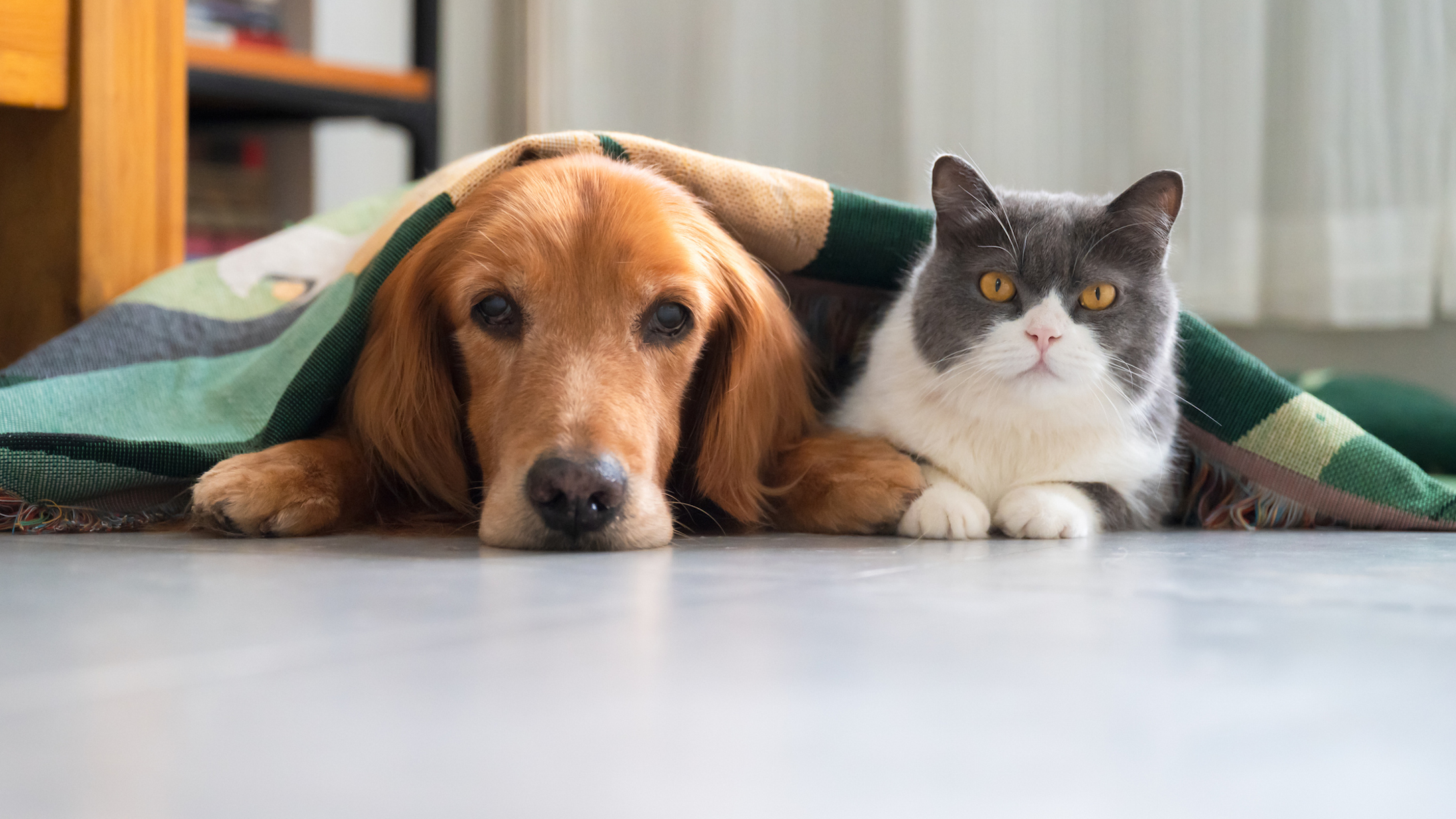
The best pet owner is an educated pet owner, and it's important to be educated on toxic or poisonous items that may be hidden in our homes. We probably all know that chocolate isn't safe for pets, but there are a ton of other foods, plants, and products that can be fatal to our furry friends if they accidentally ingest them.
Pet owners need to be on the lookout for signs of toxicosis so veterinary help can be administered in a timely fashion to help the pet potentially recover. According to the Cornell Feline Health Center and the American Kennel Club, we should watch out for drooling, vomiting, diarrhea, lethargy, trouble walking, difficulty breathing, seizures, or generally out-of-character behavior.
This isn't an exhaustive list by any means, but it's a good place to start. And when in doubt, we can call the Pet Poison Helpline at 855-764-7661 for 24/7 expert help (Note: There is a cost to use this service).
More from LittleThings: 3 Types Of Cheese To Never, Ever Feed Your Dog
Minoxidil (Hair Loss Treatment)
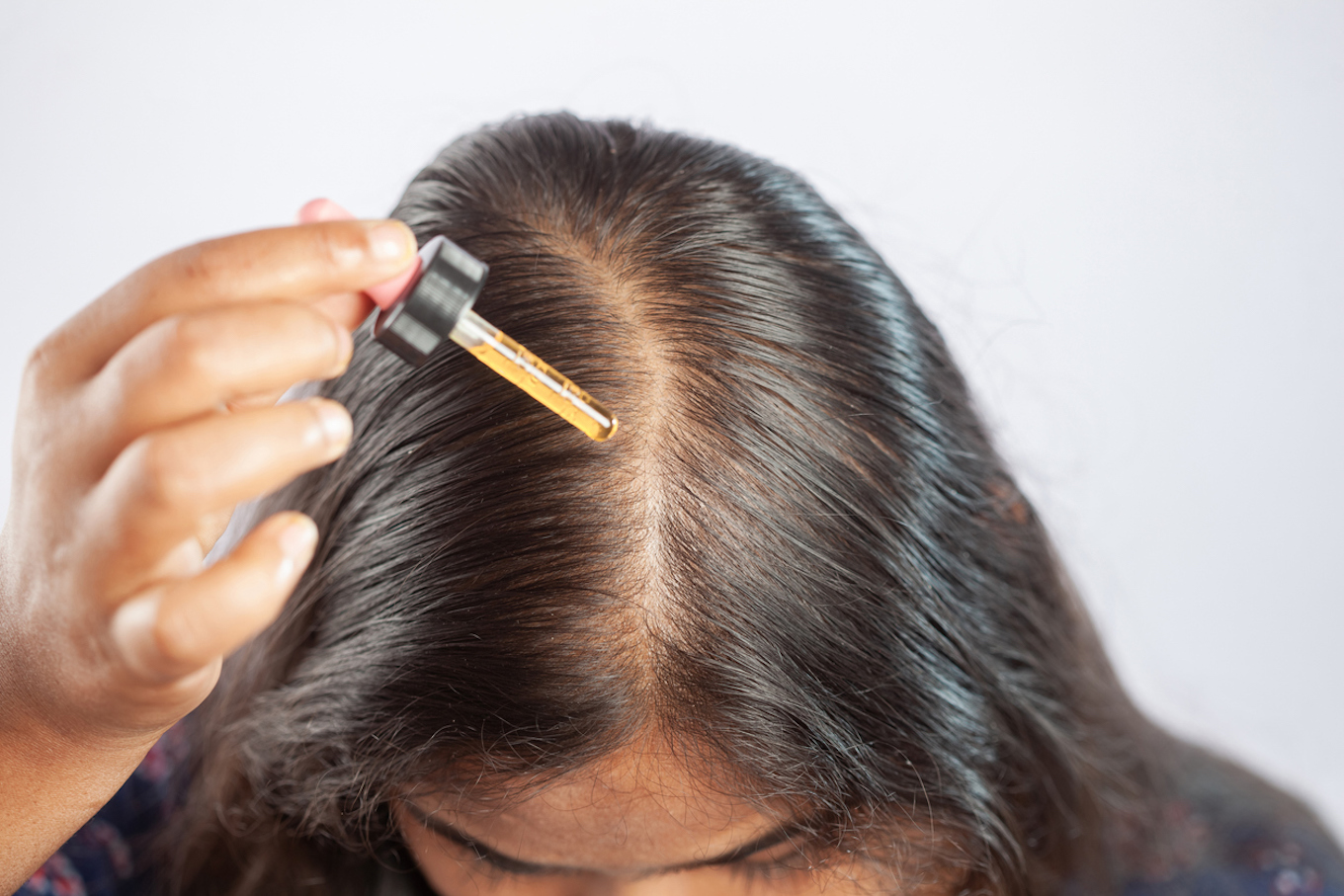
Minoxidil can be found in hair loss treatments like Rogaine and is incredibly poisonous to cats in particular but also to dogs. According to the Wimpole Clinic, even small amounts of minoxidil can be toxic. If a pet licks minoxidil treated skin, lays on a pillow that its owner uses, or inhales the droplets it could swiftly lead to the animal's death.
Garlic & Onions
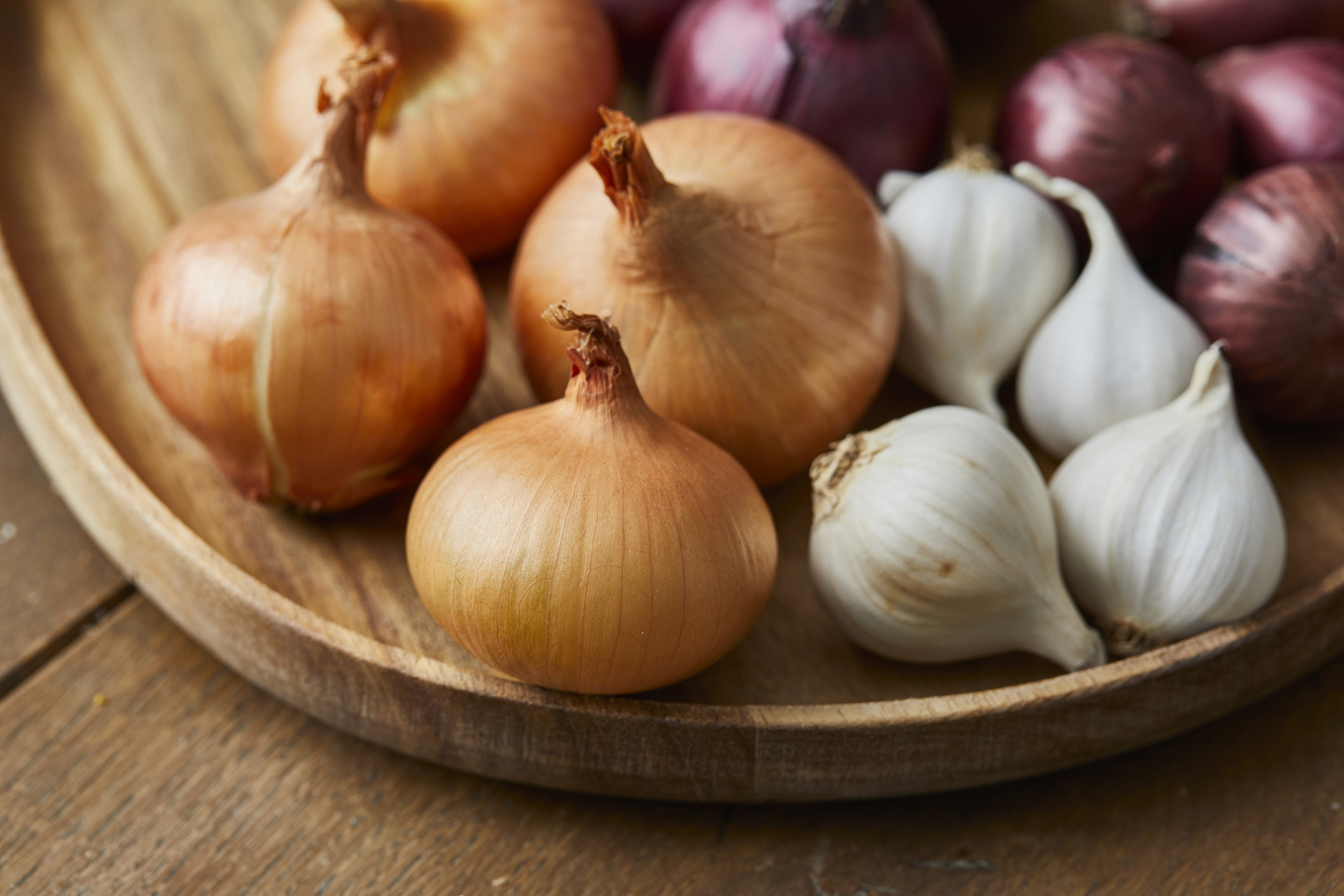
Per Frontier Veterinary Hospital, allium species plants are toxic to both cats and dogs. Notably this includes onions and garlic, as well as leeks and chives — be they fresh or dried. Ingesting these foods can cause a pet's red blood cells to break down and lead to anemia.
Lilies
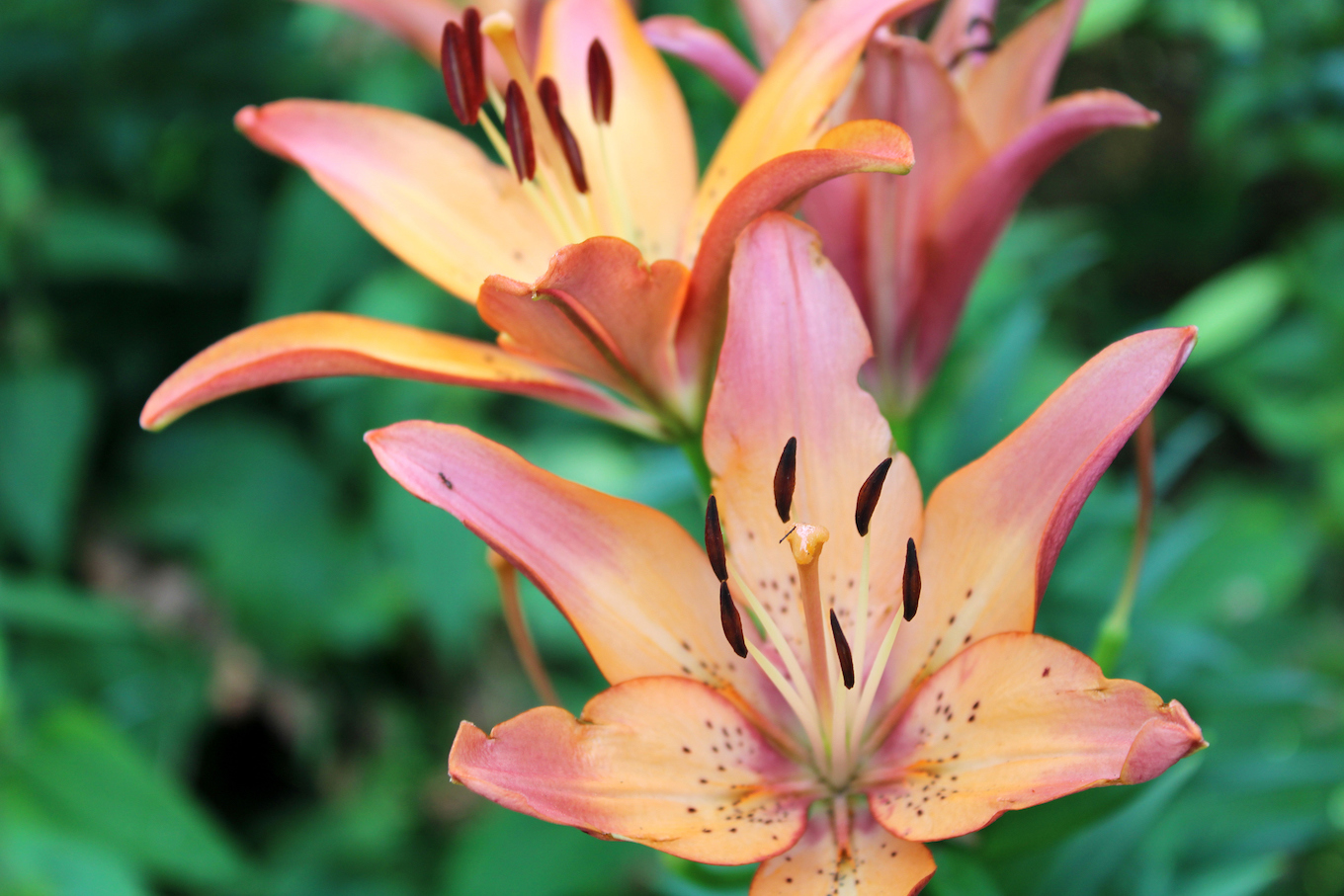
All parts of lily flowers are harmful to cats and dogs, but cats especially. According to the FDA, even licking a few pollen grains or drinking from a vase with lilies in it can lead to kidney failure in cats within three days.
Pollen tends to go everywhere with plants, so it's may be best to avoid bringing these flowers home at all if there are pets in the residence.
More from LittleThings: 10 Things Every Family Should Consider Before Adopting A Senior Dog
Raisins & Grapes
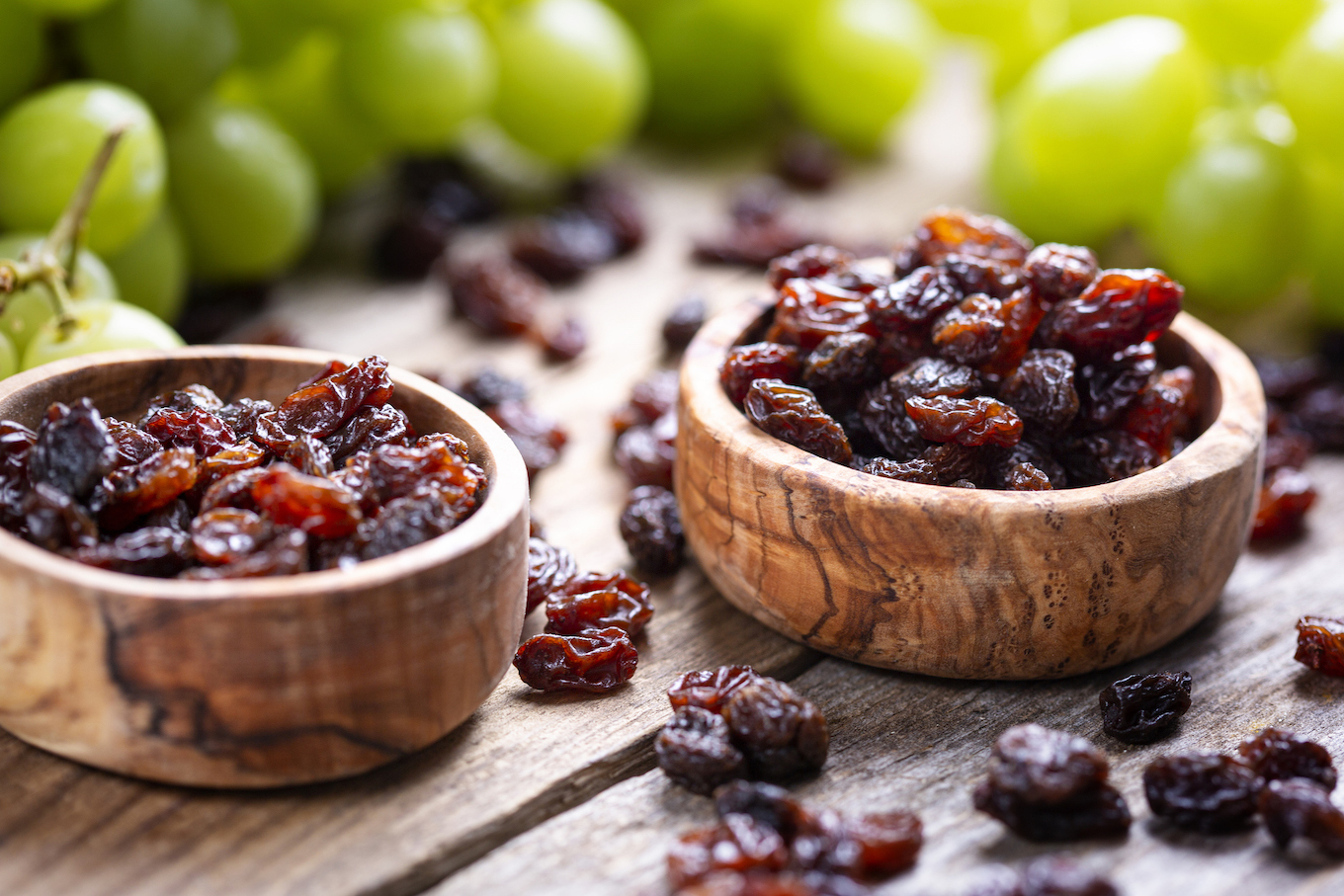
Grapes and raisins can cause acute renal failure in dogs, according to the Amarillo Small Animal Emergency Clinic. As few as three grapes or raisins can kill a puppy and 12 can kill a small dog. Per Pet MD, grape toxicity in cats is rarer, but still documented, so it's best to keep this food out of the reach of all pets.
Homemade Playdough
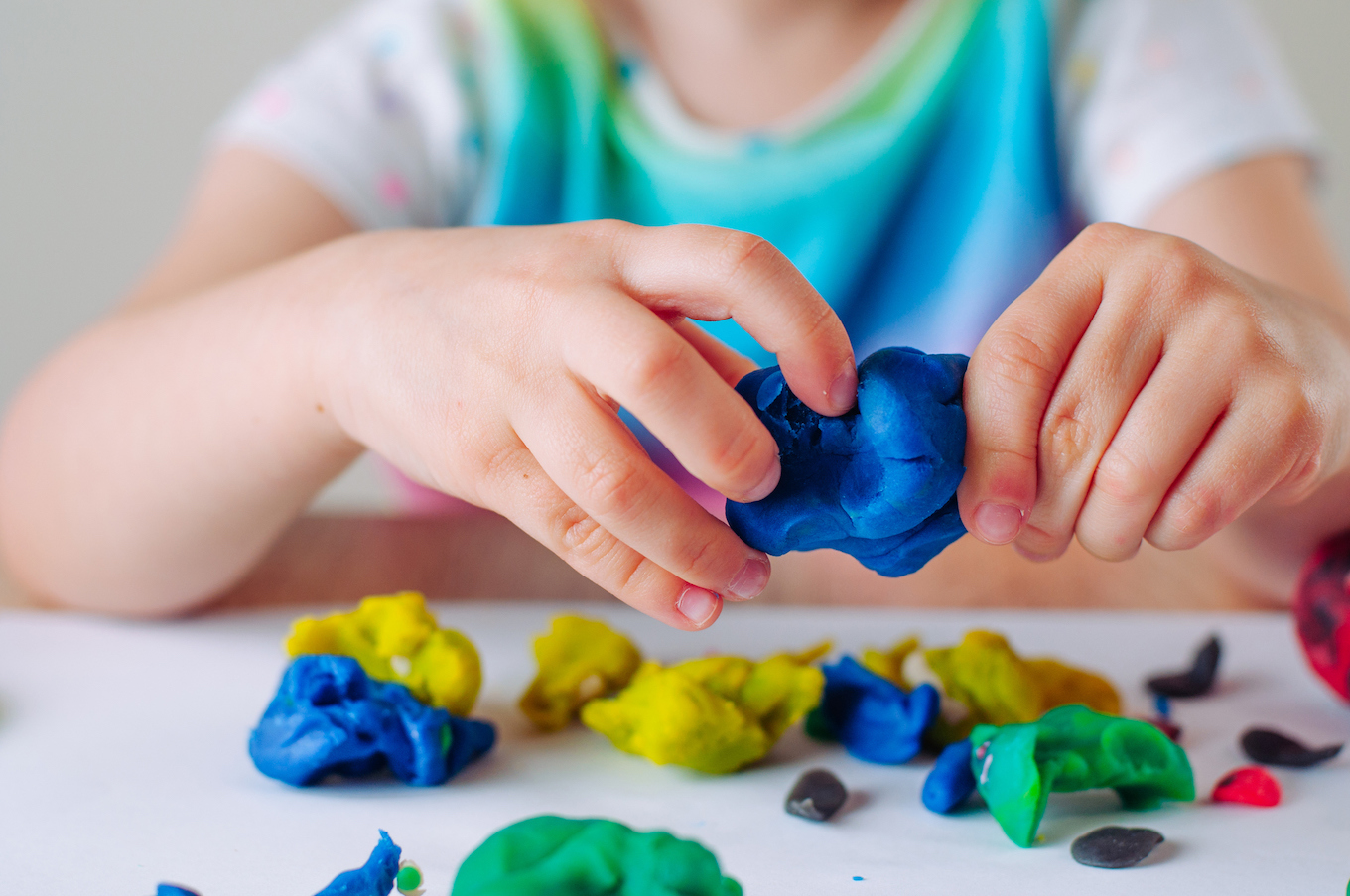
Making playdough at home is a common activity for families, since it requires just a couple of ingredients — namely flour and salt. But because salt in high concentrations is toxic to cats and dogs, this playdough can become deadly if a pet eats it.
Per the American College of Veterinary Pharmacists, as little as 1/2 tablespoon of salt can harm a small dog or around 4 tablespoons for larger dogs. For small cats, less than 1 teaspoon can affect them.
Saltwater
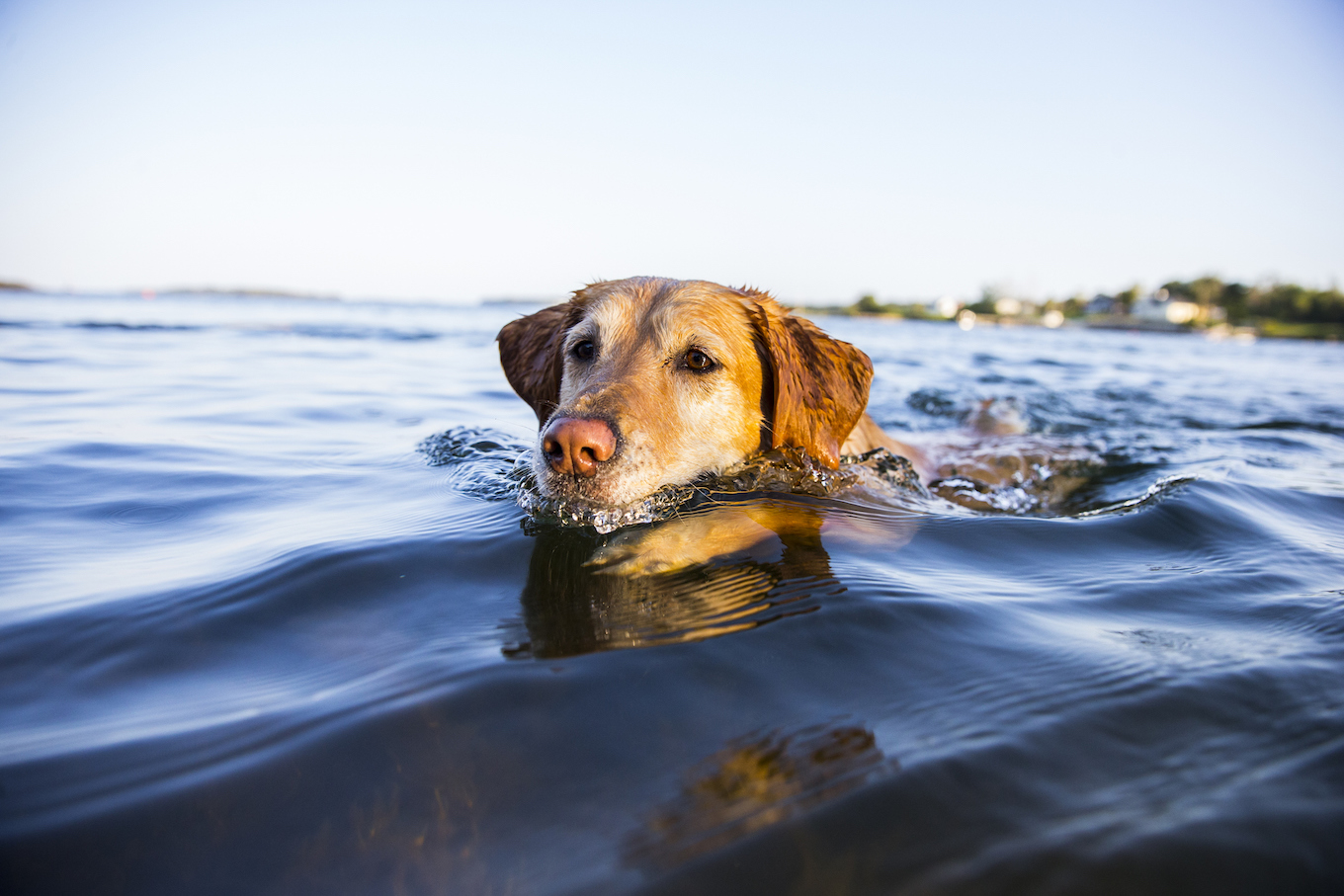
Because salt is dangerous for animals, owners need to be careful when bringing their dog to the beach. According to the Merck Veterinary Manual, seawater contains about 3.5% sodium. Try to keep the dog from ingesting too much, and give plenty of access to fresh drinking water to dilute any seawater they may drink.
Mustard
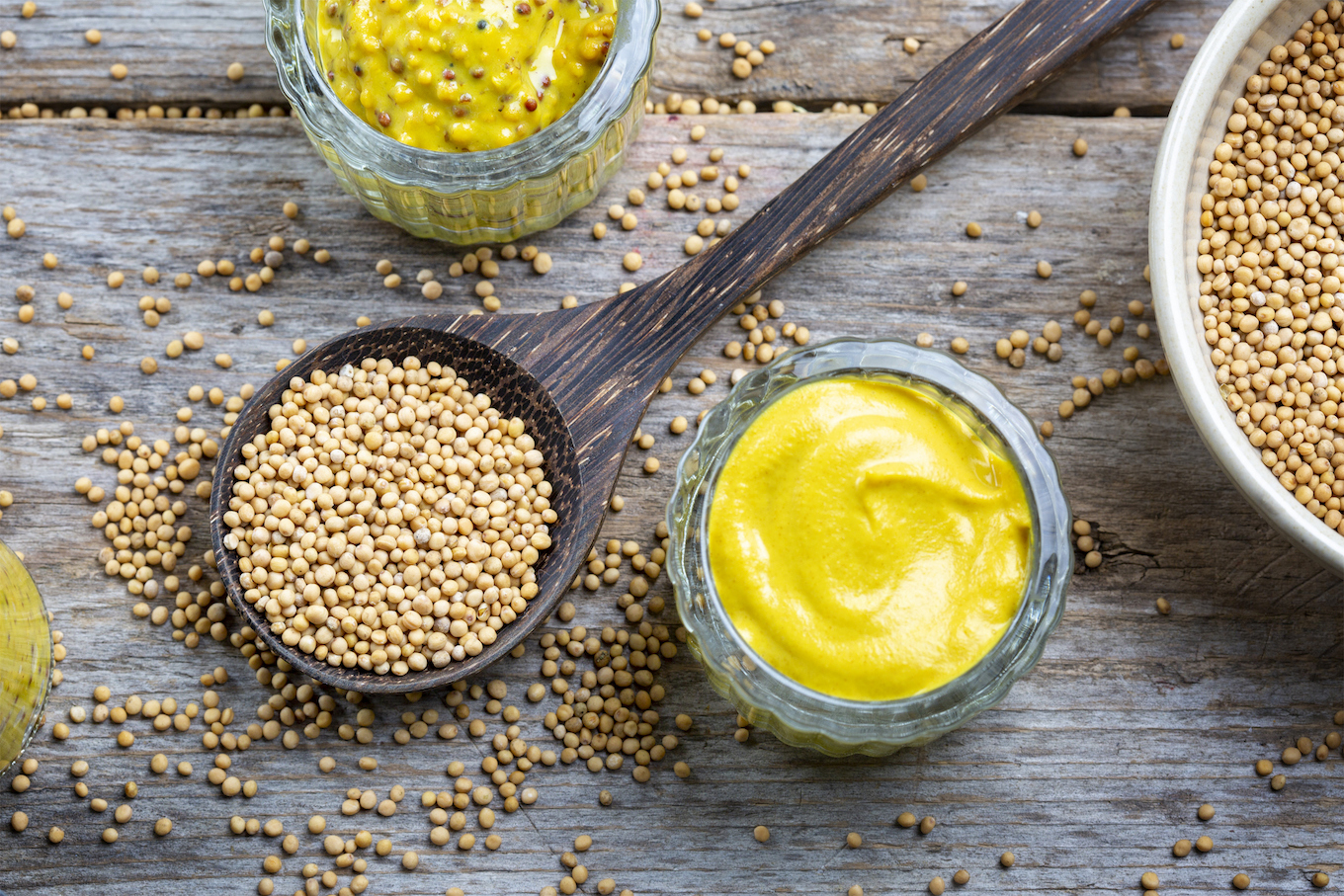
The biggest concern with a dog or cat eating mustard is that it contains mustard seeds, which are toxic to both pets. According to Purina UK, mustard can lead to gastroenteritis, aka stomach or intestinal inflammation. Additionally, Cat Time notes that mustard often contains other hazardous ingredients to pets, like garlic and salt.
Xylitol (Birch Sugar)
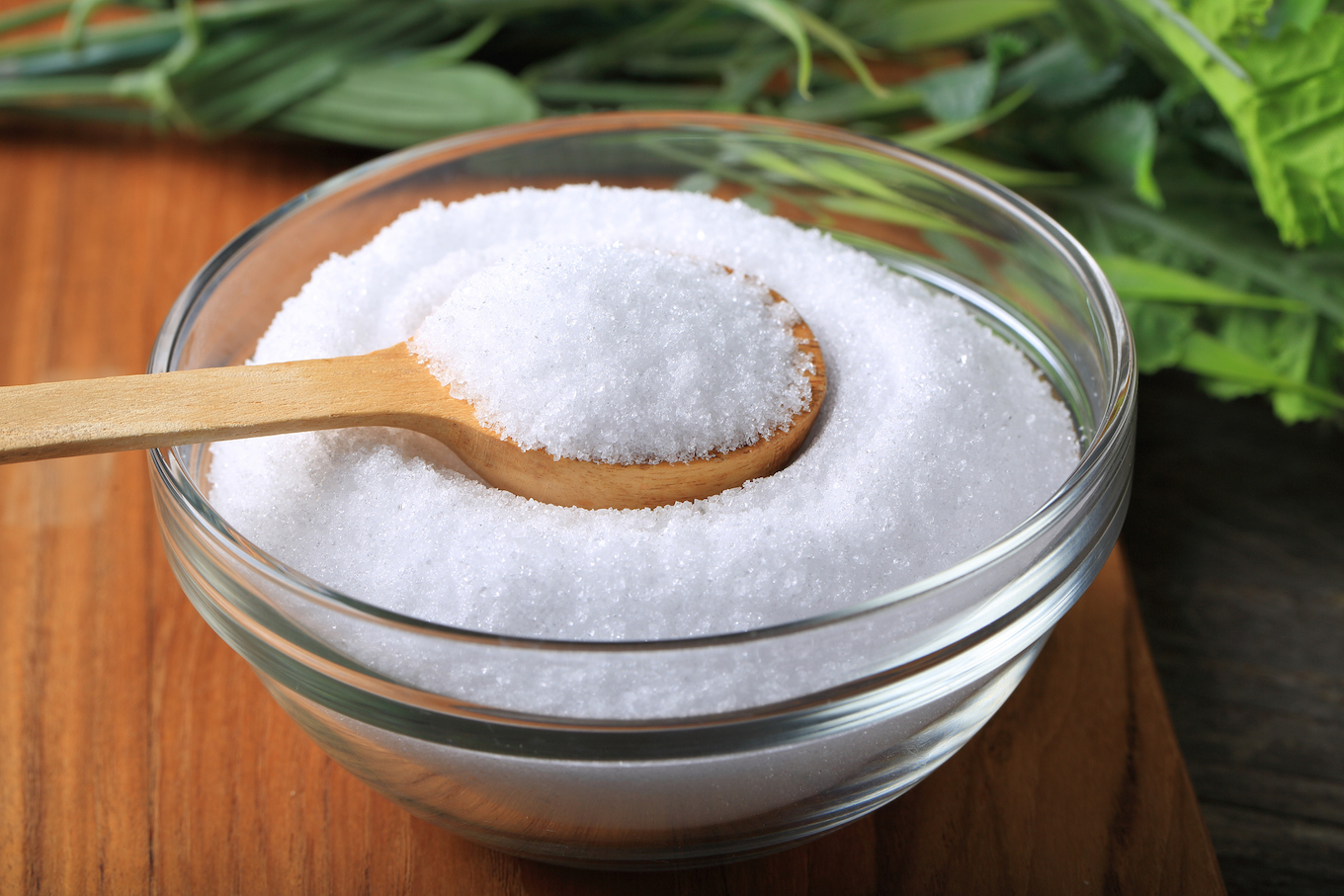
Xylitol is often used in food products as a substitute for sugar, and it's extremely toxic especially to dogs, per VCA Animal Hospitals. Small doses can cause hypoglycemia in dogs and larger doses can lead to liver failure. Many foods that are labeled as "sugar free" use xylitol.
Per Colorado State University, xylitol is also often labeled as "birch sugar" or "birch sap" on products, so pet parents need to be aware of what's on ingredient lists.
Cherries
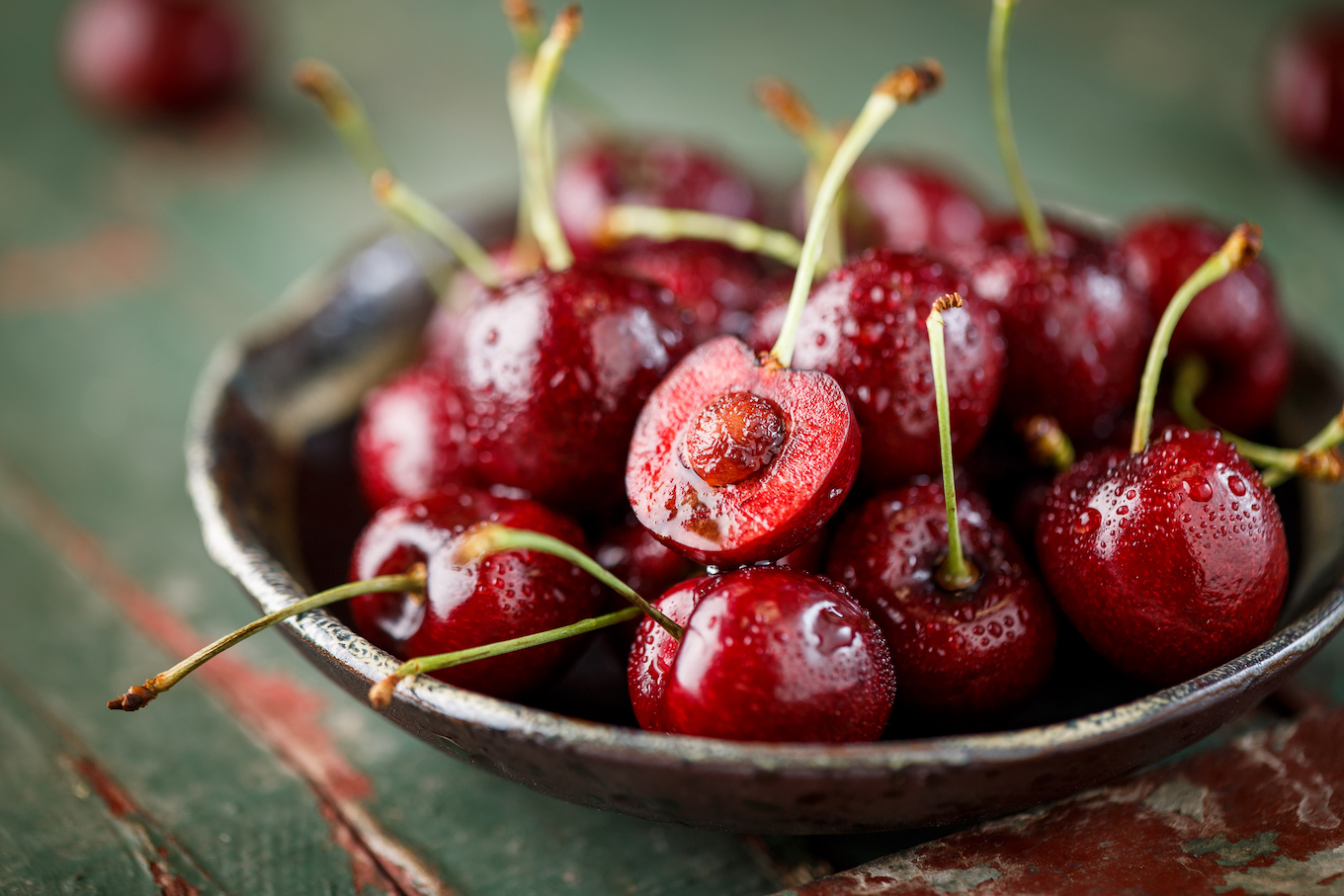
The flesh of a ripe cherry isn't poisonous, but its stem, seeds, and leaves contain cyanide. It's safer to avoid the food altogether when it comes to both cats and dogs, according to Cats.com and the American Kennel Club. It's worth noting that humans shouldn't eat cherry pits for the same reason.
Avocados
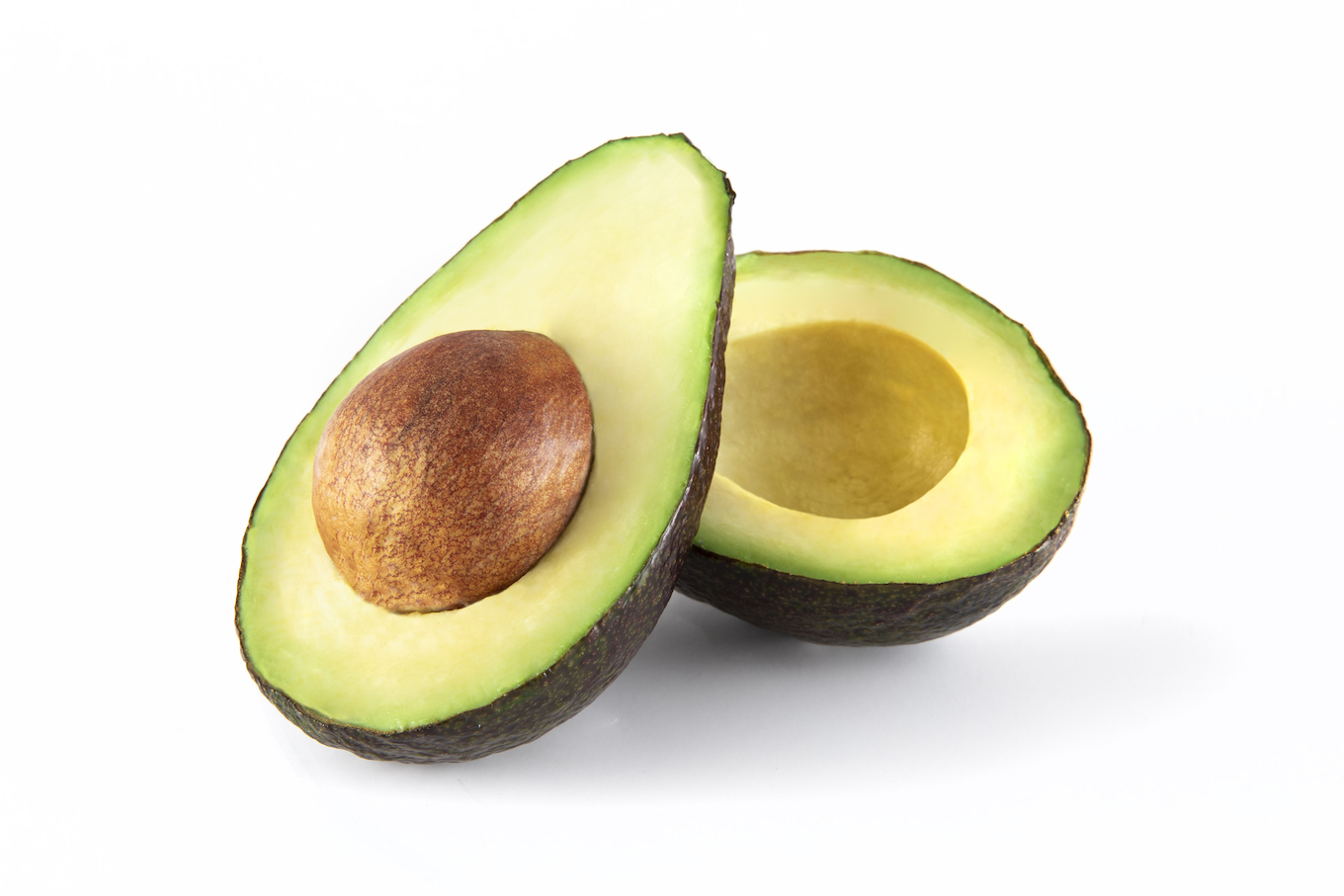
Milk
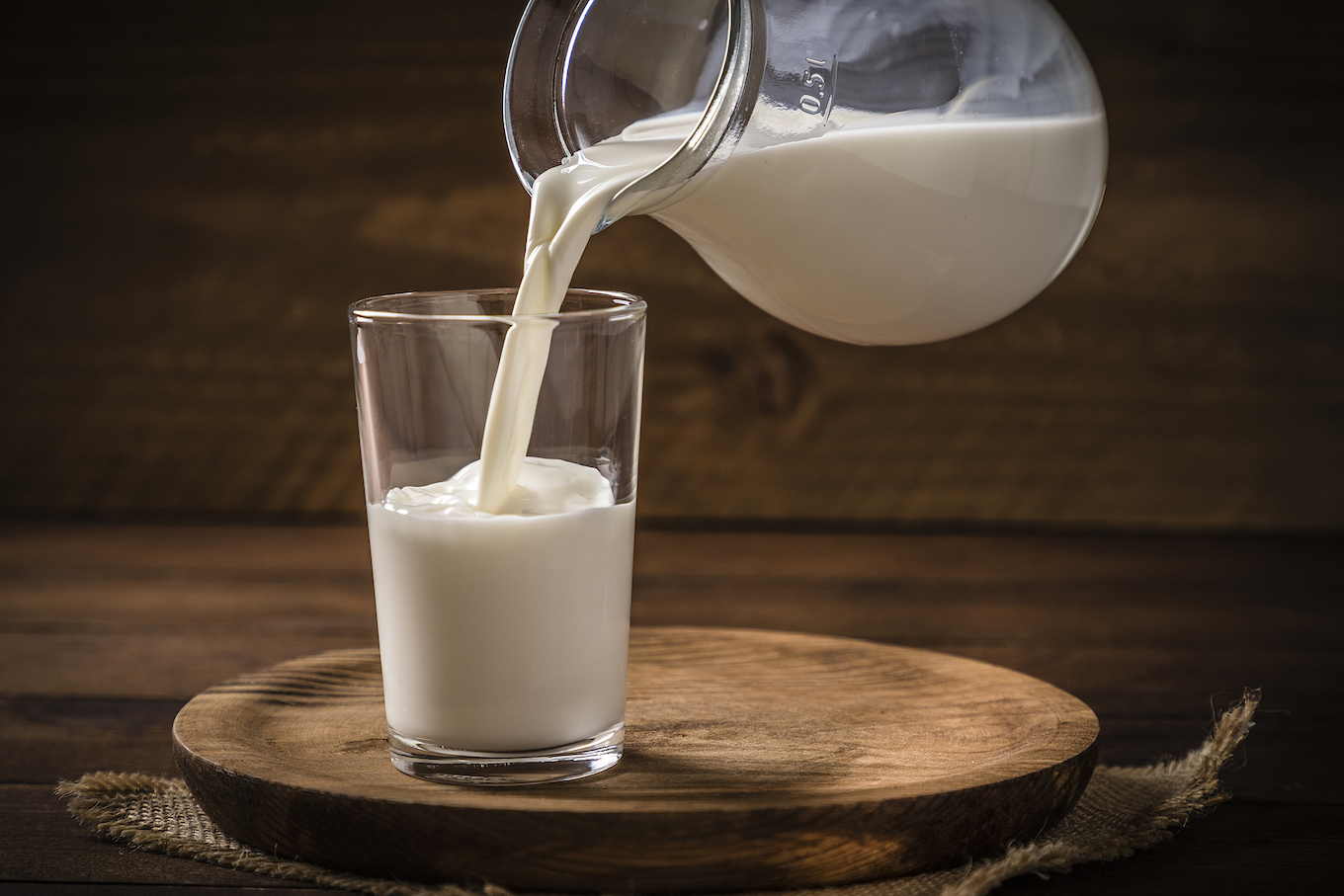
Cartoons may have convinced us that cats love milk, but actually most cats are lactose intolerant, according to Hastings Veterinary Hospital. Giving cats milk can cause digestive issues. Many dogs are similarly lactose intolerant, according to the American Kennel Club.
Macadamia Nuts
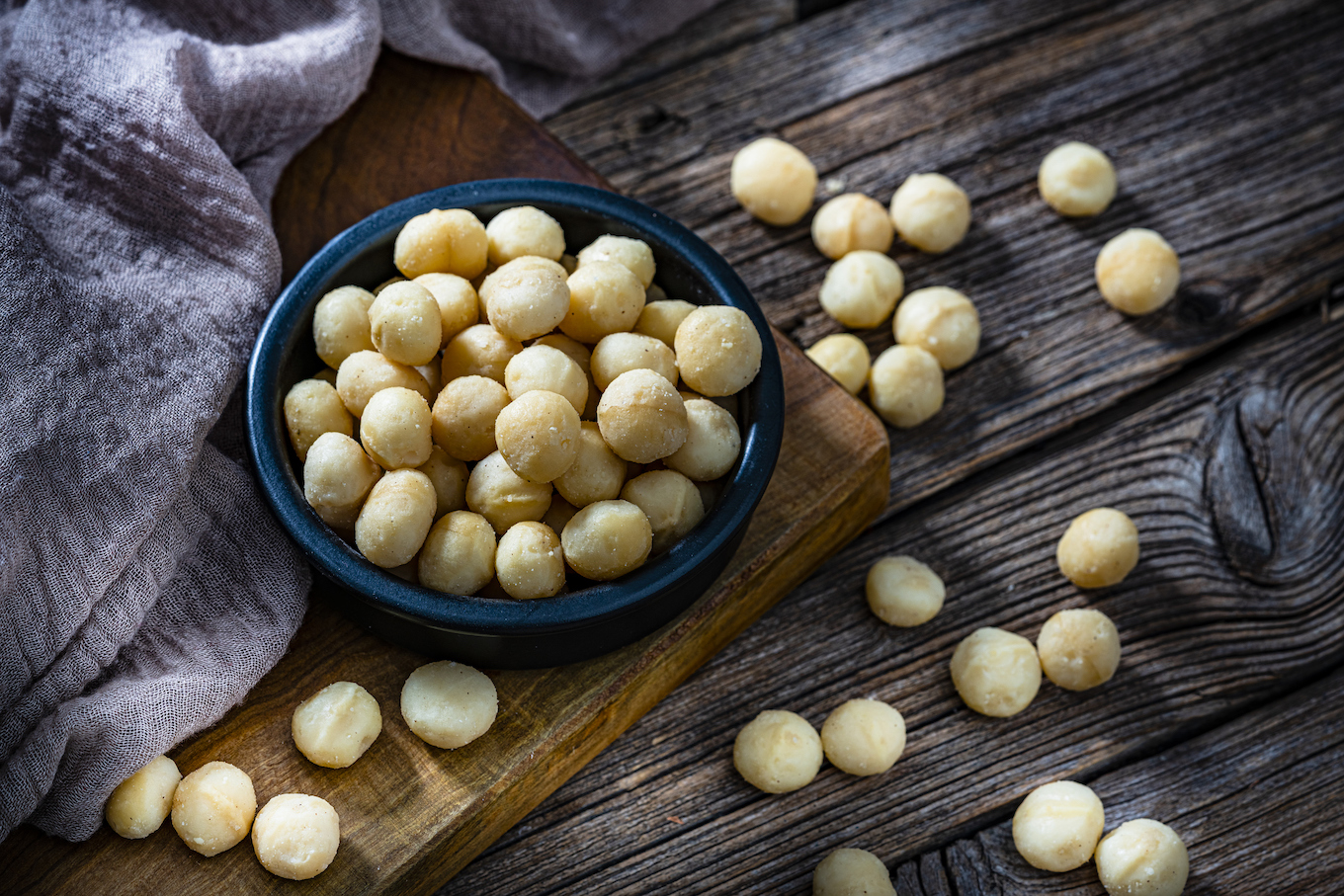
Macadamia nuts aren't safe for cats or dogs, but dogs in particular seem to have a more adverse reaction. According to VCA Animal Hospitals, just a few nuts can lead to vomiting, lethargy, inability to stand, and tremors in dogs.
Instead, owners can give dogs peanuts as an occasional treat as long as they're raw and unsalted, per the American Kennel Club.
Rhubarb
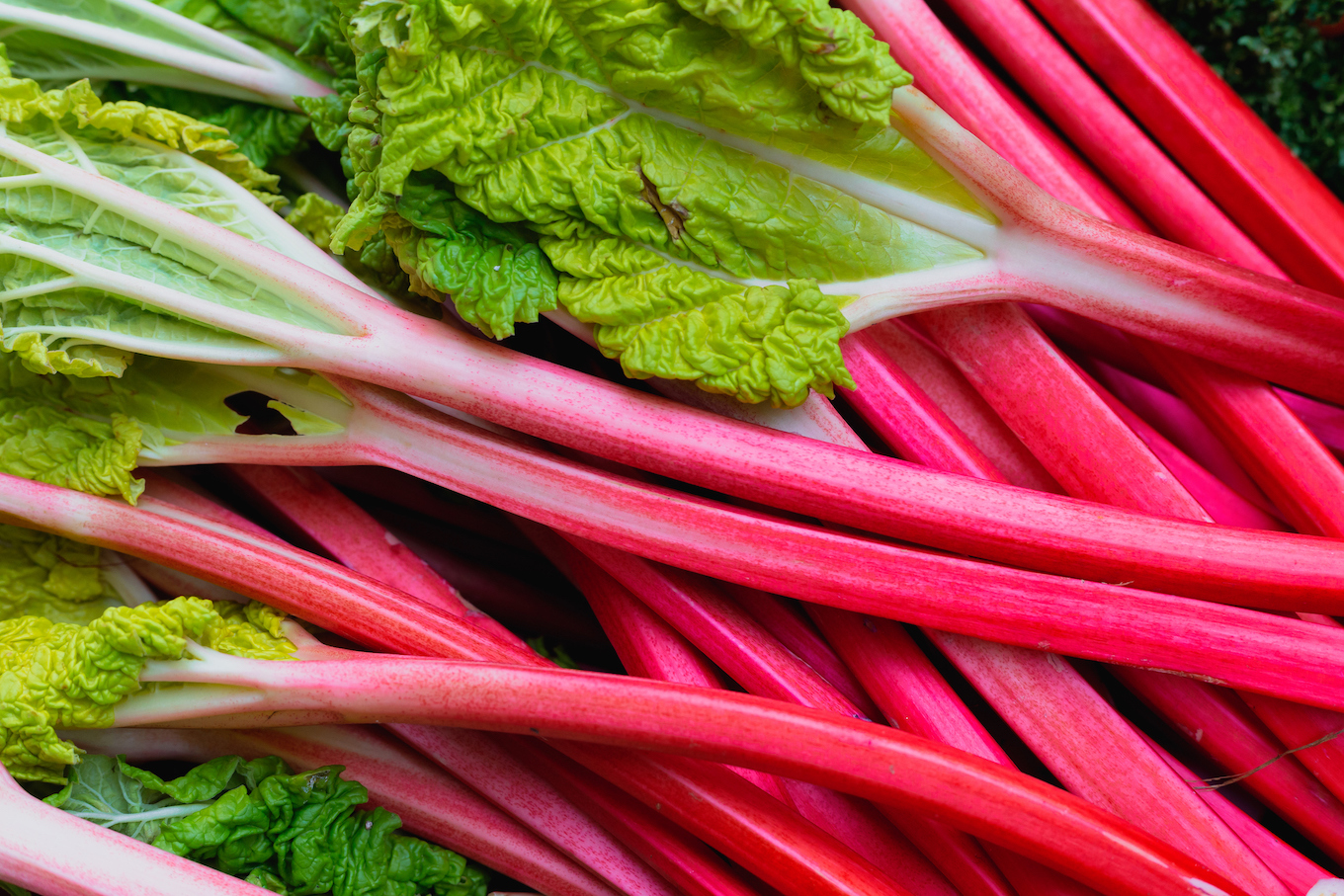
Rhubarb contains soluble oxalate crystals, primarily in the leaves, which can be toxic to cats, dogs, and even humans in large enough quantities. Pets that ingest rhubarb can experience drooling, weakness, tremors, and more, per the Pet Poison Hotline.
Monstera Plants
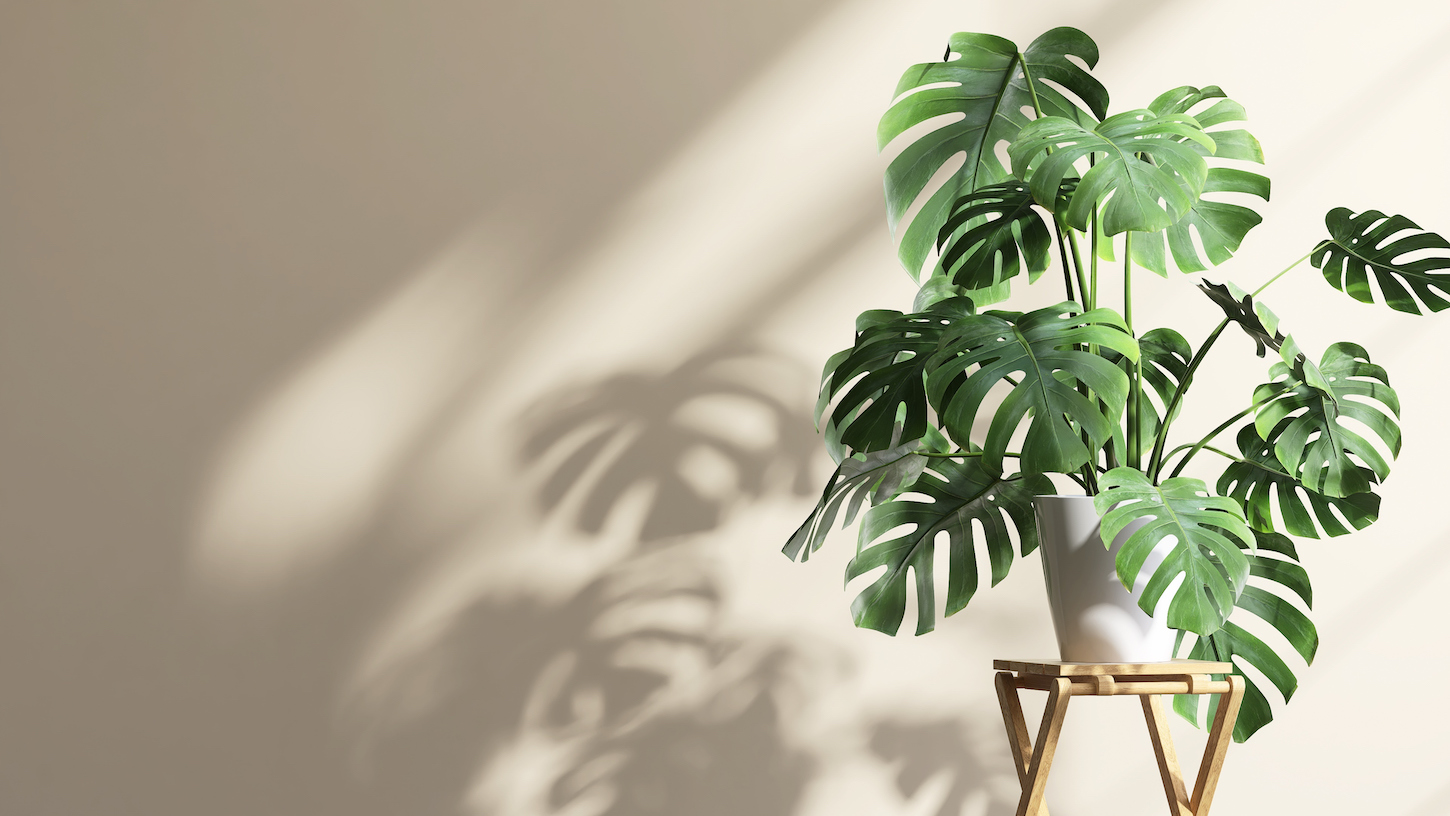
Monsteras are popular houseplants, but they're toxic to dogs and cats if they eat any part of the plant. According to the Monstera Plant Resource Center, monstera plants have a built-in defense system of sharp, jagged particles that if eaten can cause microscopic cuts to the pet's mouth, throat, and stomach lining.
Eucalyptus
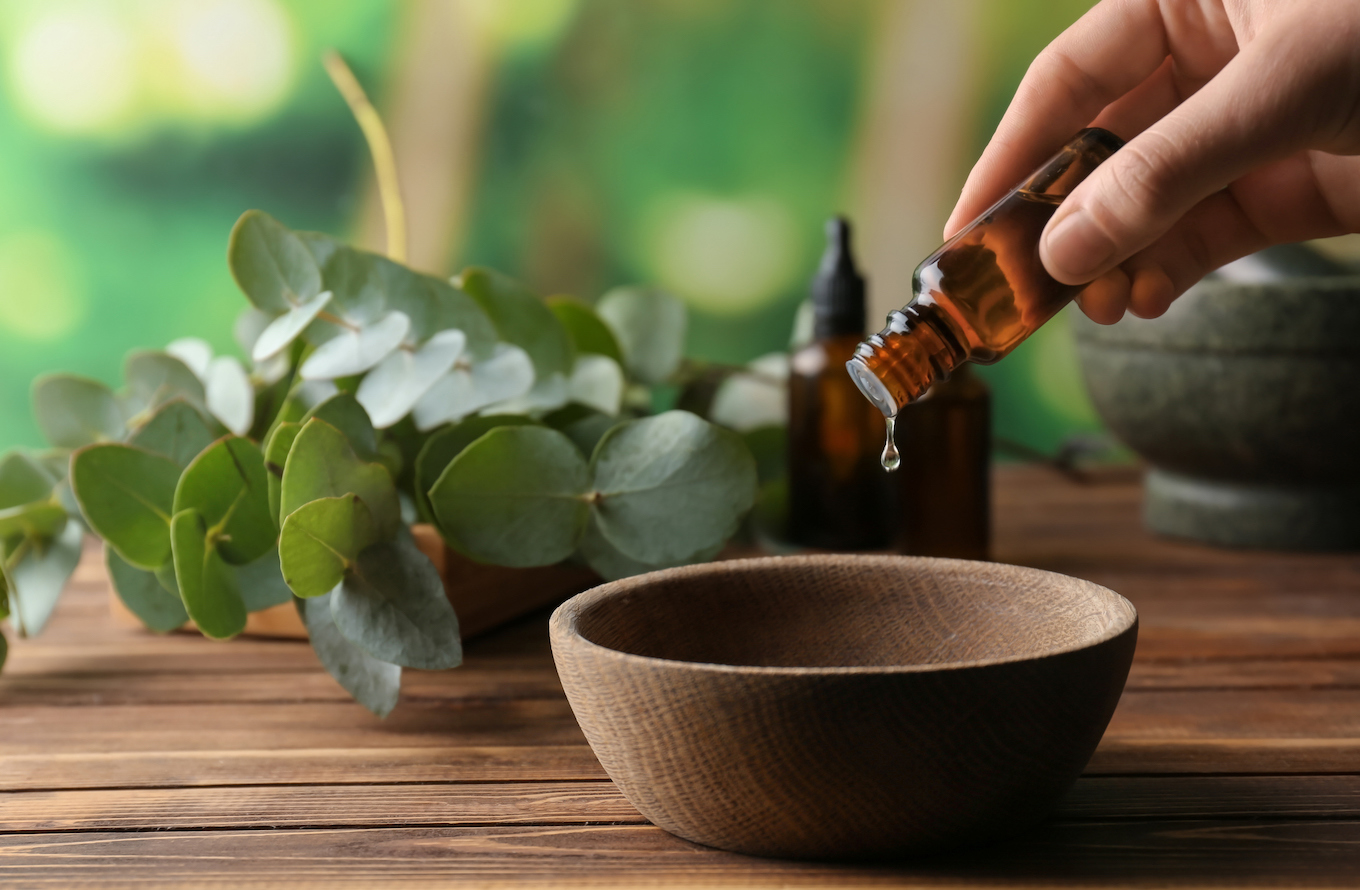
Eucalyptus is often used to help with relaxation for people, be it through essential oils or hanging the leaves in the shower to replicate a spa experience. But for dogs and cats, ingesting the leaves or oil can be dangerous. According to the Pet Poison Helpline, small amounts can cause gastrointestinal distress and concentrated amounts can even induce seizures or tremors.
Aloe Vera
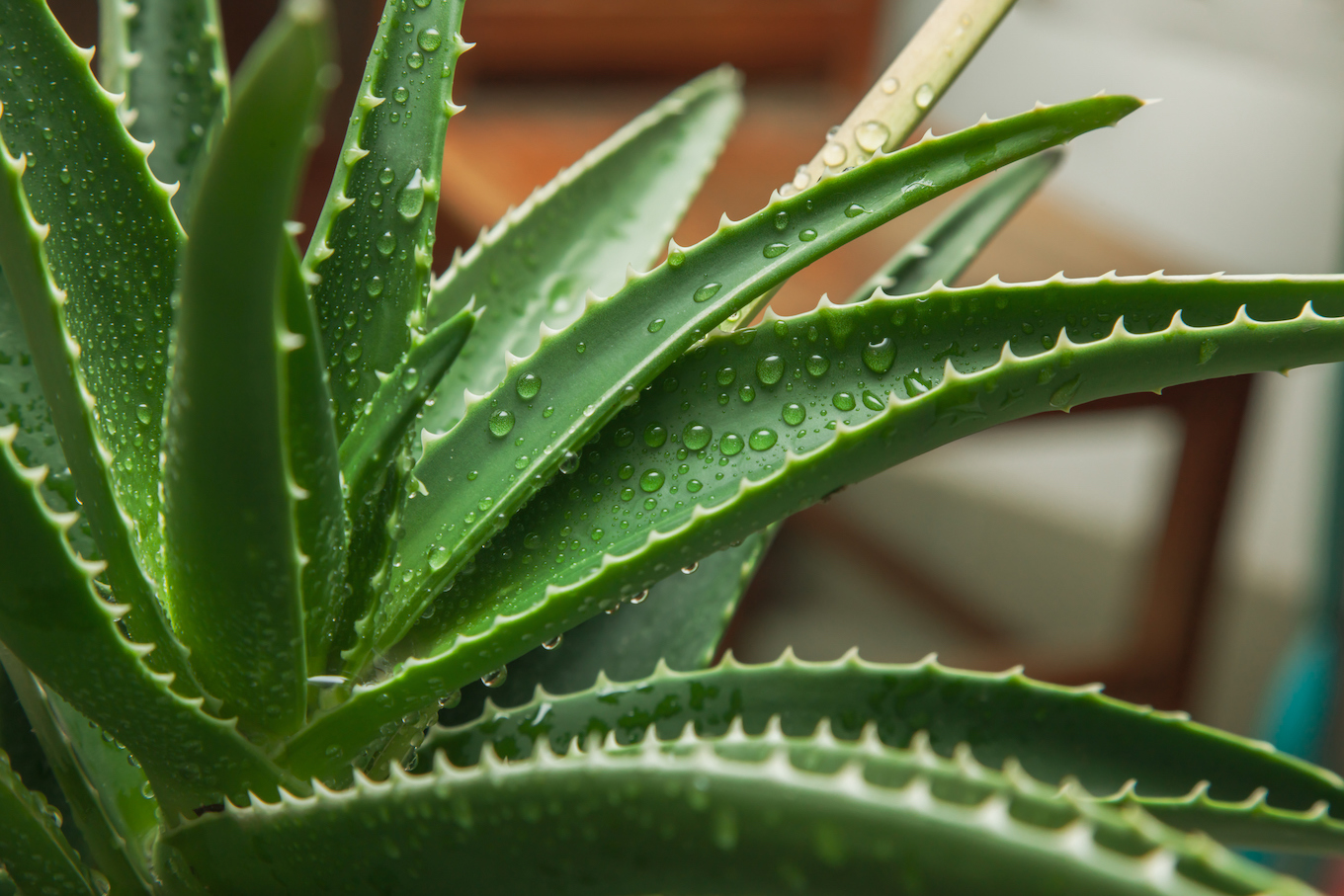
Aloe vera is commonly used to treat burns for people, but we have to be careful not to let any pet dogs or cats eat the plant, according to the ASPCA. It can induce vomiting, lethargy, and diarrhea.
More from LittleThings: Puppy Has No Desire To Leave Her Grandparents' House Because They 'Spoil Her'
Oleander
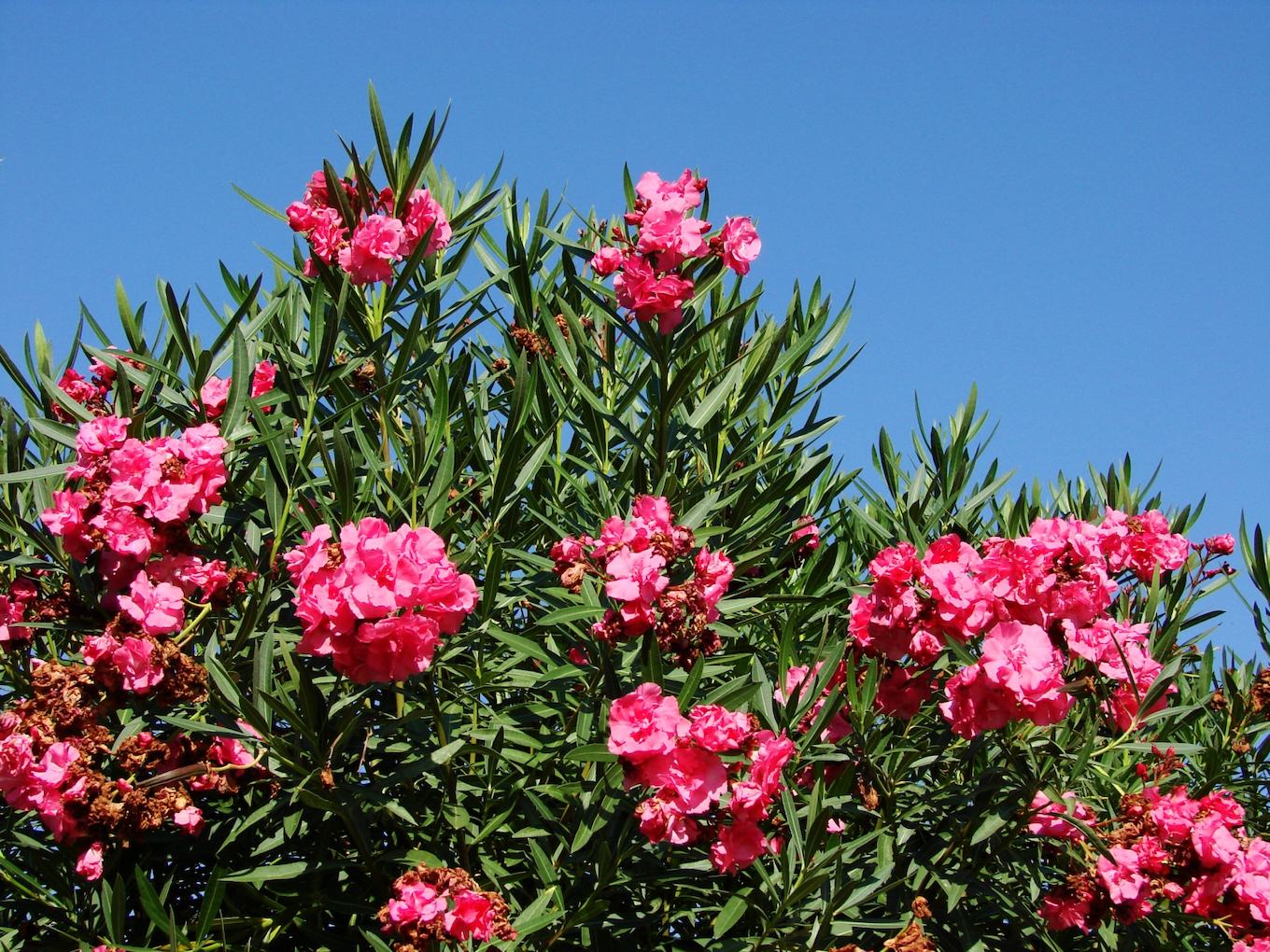
Oleander is a common plant used in landscaping in states with warmer climates. People living in places like California and Arizona need to be careful when walking their dogs around oleanders or if they have outdoor cats, because ingesting the plant can be fatal. According to ASPCA Pro, it can cause life-threatening heart and brain issues. It's also highly toxic for people.
Tulips
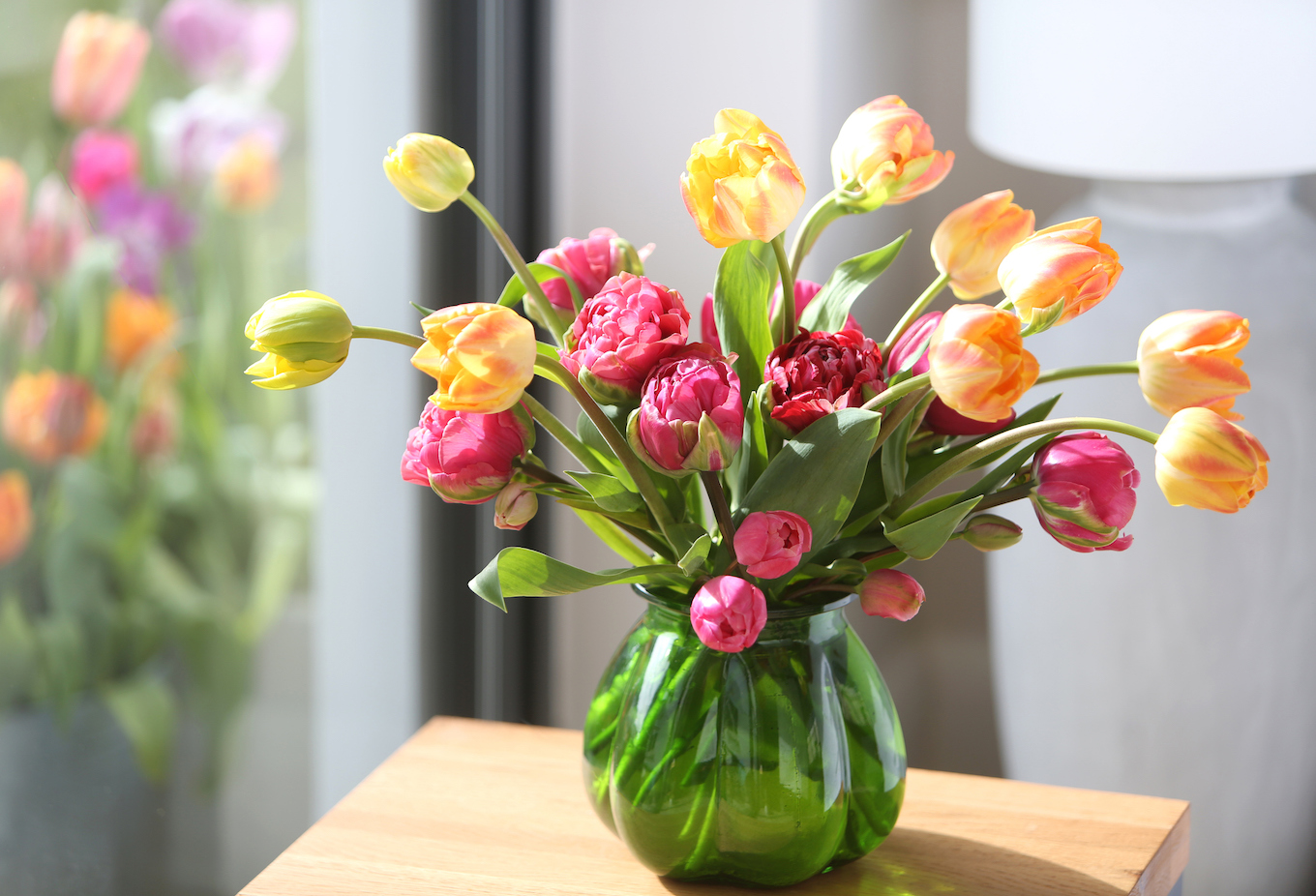
Many people have tulips growing in their yard, and they're also a common cut flower in springtime, but pet owners should be wary. Per the ASPCA, both dogs and cats can be poisoned by tulips, particularly if they eat the bulbs. According to the Pet Poison Hotline, eating tulips can induce drooling, vomiting, diarrhea, and in severe cases, heart and breathing issues.
Caffeine
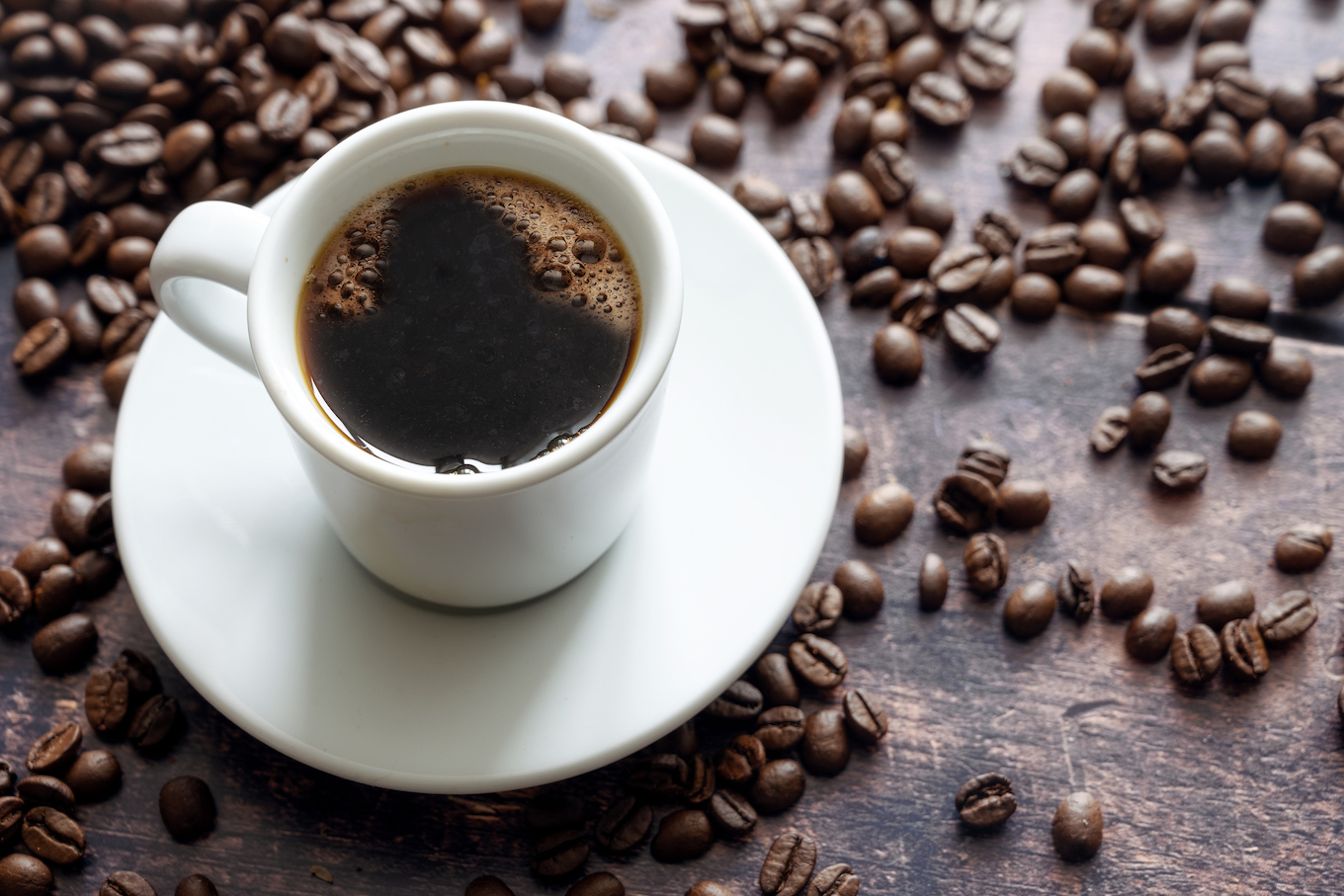
One of the main reasons that chocolate is dangerous to pets is because it contains caffeine. This is a substance to watch for in food or beverage items if there are cats or dogs in the home. Per VCA Animal Hospitals, caffeine can cause liver, lung, heart, kidney, or central nervous system damage.
Dryer Sheets
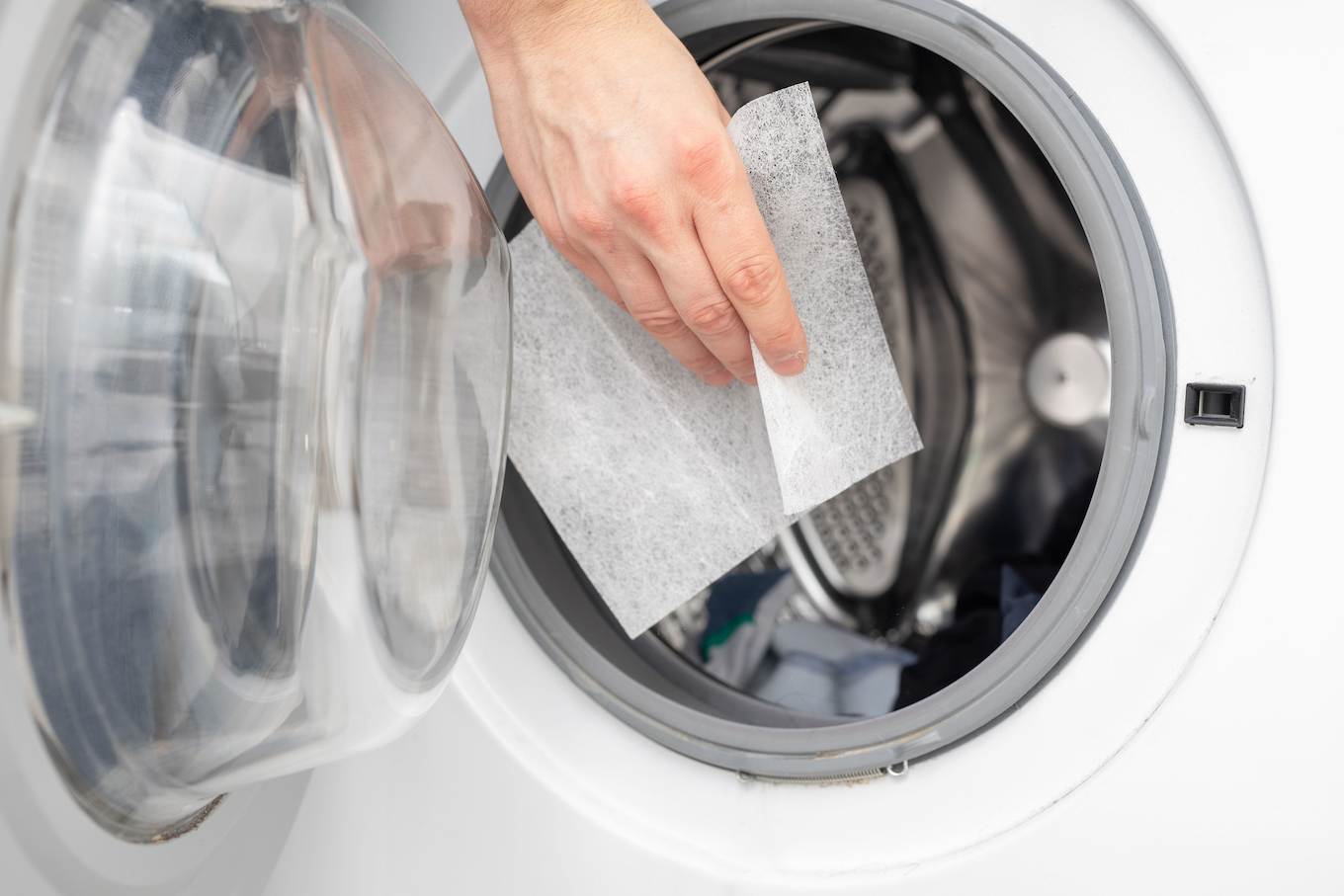
We know to keep our laundry bleaches and detergents out of reach of our pets, but we need to be careful about dryer sheets as well. Dryer sheets, even used ones, contain harmful chemicals that if eaten by a dog or cat can lead to lung or kidney issues, per Companion Animal Hospital.




